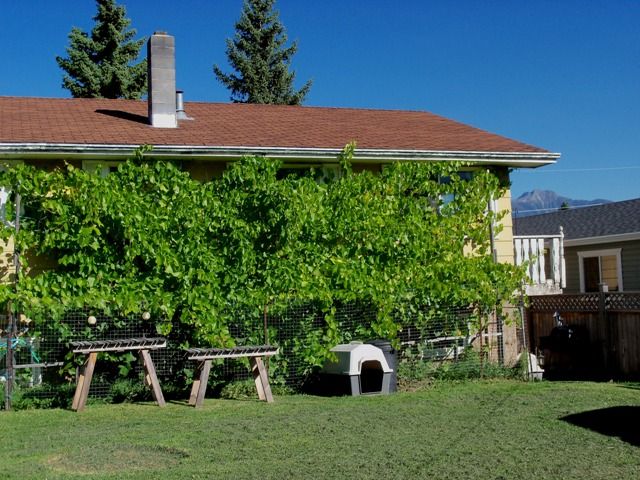I've been having something of a drive towards lightening my kit recently, in order to make my day walks more enjoyable and to encourage my learning with limited resources.
I recently bought a water filter (a Sawyer Mini) in order to allow the sourcing of water when out and about, instead of carrying a litre or two with me. I'd carry about a litre for cold drinking water and a cup of tea, and perhaps 500ml for a dehydrated meal or a boil in the bag.
I'd be interested in opinions about relatively safe water sources for the filter, bearing in mind I live in the South East, and not in the wilds of Sweden as I'd prefer! I'd probably steer clear of canals owing to the lack of flow and aeration, but where would I stand with using river water, ponds or lakes in rural areas? I did read an article about fish being a good indicator of safe water, but the article was possibly aimed at a less populated areas than mine.
I'm aware that my filter isn't designed to remove chemicals but is fairly good at most other nasties.
I recently bought a water filter (a Sawyer Mini) in order to allow the sourcing of water when out and about, instead of carrying a litre or two with me. I'd carry about a litre for cold drinking water and a cup of tea, and perhaps 500ml for a dehydrated meal or a boil in the bag.
I'd be interested in opinions about relatively safe water sources for the filter, bearing in mind I live in the South East, and not in the wilds of Sweden as I'd prefer! I'd probably steer clear of canals owing to the lack of flow and aeration, but where would I stand with using river water, ponds or lakes in rural areas? I did read an article about fish being a good indicator of safe water, but the article was possibly aimed at a less populated areas than mine.
I'm aware that my filter isn't designed to remove chemicals but is fairly good at most other nasties.


